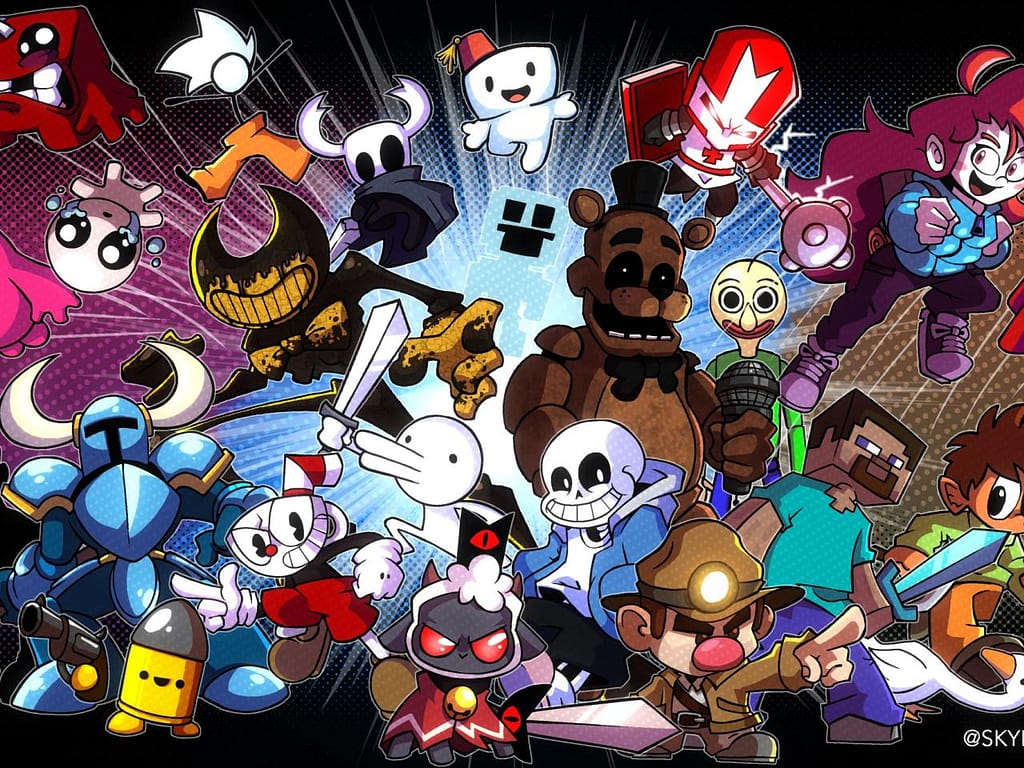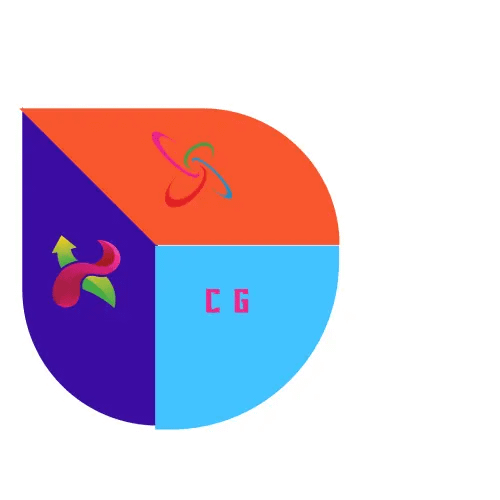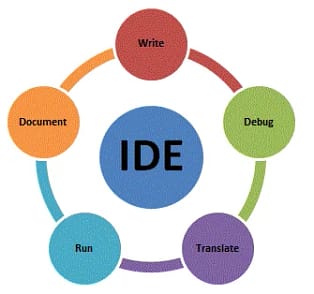Have you ever heard of indie games? what are indie games? Do you wanna know more about them let’s walk through it. Here is a brief guide on them but if you wanna get such interesting things then click here.
What are indie games?
Indie games, short for independent video games, are a unique and vibrant sector of the gaming industry.
They are typically created by individuals or small teams without the financial and technical support of a large game publisher, which distinguishes them from the mainstream “AAA” games.
This independence allows indie developers the freedom to experiment, innovate, and offer experiences that might not be possible within the constraints of larger gaming studios.

The Essence of Indie Games
At the heart of indie games is the spirit of creativity and innovation. Without the pressure to meet the commercial targets of big publishers, indie developers can take risks and explore new gameplay mechanics, narratives, and artistic styles.
This has led to the creation of games that push the boundaries of what video games can be, both as an art form and as a means of storytelling. Click here for a surprise
History and Evolution
The concept of indie games is not new; it has its roots in the early days of personal computing. The 1970s and 1980s saw the rise of “bedroom coders,” particularly in the United Kingdom and Europe, who developed games from their homes and distributed them via mail order.
As the internet became more widespread in the 1990s, distribution methods evolved, and the indie scene began to take the shape we recognize today.
The Rise of Digital Distribution
The advent of digital distribution platforms has been a boon for indie games. Platforms like Steam, itch.io, and the Humble Store have made it easier for developers to sell their games directly to consumers without the need for physical retail space.
This has significantly lowered the barrier to entry for aspiring game developers and has allowed a more diverse range of games to reach the market.
Crowdfunding and Community Support
Crowdfunding platforms like Kickstarter and Indiegogo have also played a crucial role in the indie game movement. They allow developers to fund their projects through direct contributions from the public, bypassing traditional funding methods and fostering a closer connection between creators and players.
The Indie Game Community
The indie game community is a tight-knit group of developers, players, and enthusiasts who share a passion for innovative and unconventional games. Online forums, social media, and indie game festivals provide spaces for this community to collaborate, share ideas, and support each other’s work.
Challenges Facing Indie Developers
Despite the opportunities, indie developers face significant challenges. The market is saturated with a high volume of games, making discoverability a major issue.
Financial constraints and limited resources can also impede development, and the lack of a publisher’s marketing muscle means indie developers must often wear multiple hats, handling development, marketing, and distribution themselves.
Top Indie Games
Here are 20 successful indie games that have made a significant impact in the gaming world:
- Return of the Obra Dinn: Developed by Lucas Pope, this unique puzzle adventure game challenges players to investigate a mysterious shipwreck and uncover its secrets.
- Outer Wilds: Created by Mobius Entertainment, this exploration-driven game lets players unravel the mysteries of a time-looped solar system.
- Celeste: Developed by Matt Makes Games Inc., this challenging platformer combines tight controls with an emotional narrative about mental health and self-discovery.
- Hades: From Supergiant Games, this action-packed rogue-like game immerses players in Greek mythology as they battle their way through the Underworld.
- Disco Elysium: Developed by ZA/UM, this narrative-driven RPG offers a richly detailed world and complex character interactions1.
- Hollow Knight: Team Cherry’s beautifully crafted Metroidvania game features intricate hand-drawn art, challenging combat, and a hauntingly atmospheric world.
- Undertale: Toby Fox’s indie RPG subverts traditional game mechanics, allowing players to choose between pacifism and violence in a quirky, emotionally charged story.
- Shovel Knight: Yacht Club Games pays homage to classic 8-bit platformers with this retro-inspired action-adventure game featuring a brave knight on a quest.
- Cuphead: Studio MDHR’s hand-drawn run-and-gun game draws inspiration from 1930s cartoons, offering challenging boss battles and a unique visual style.
- Stardew Valley: Developed by ConcernedApe, this farming simulation game lets players build their own farm, form relationships, and explore a charming pixelated world.
- Braid: Jonathan Blow’s time-manipulating puzzle platformer was an early indie hit, blending mind-bending mechanics with an emotionally resonant story.
- Super Meat Boy: Team Meat’s fast-paced platformer challenges players to guide a cube of meat through treacherous levels filled with hazards and obstacles.
- Fez: Polytron Corporation’s mind-bending puzzle-platformer revolves around rotating 2D worlds to reveal hidden paths and secret.
- Hotline Miami: Developed by Dennaton Games, this top-down shooter combines neon-soaked visuals, intense combat, and a pulsating soundtrack.
- Limbo: Playdead’s atmospheric side-scrolling adventure game immerses players in a dark, monochromatic world filled with puzzles and eerie encounters.
- Hyper Light Drifter: Heart Machine’s action RPG features stunning pixel art, challenging combat, and a mysterious post-apocalyptic setting.
- The Witness: Jonathan Blow’s follow-up to Braid is a first-person puzzle game set on a beautiful, enigmatic island filled with intricate puzzles.
- Gris: Nomada Studio’s visually striking platformer explores grief and healing through its evocative art style and emotional storytelling.
- Katana ZERO: Askiisoft’s neo-noir action game combines fast-paced combat, time manipulation, and a gripping narrative.
- Undertale: Toby Fox’s indie RPG subverts traditional game mechanics, allowing players to choose between pacifism and violence in a quirky, emotionally charged story.
The Future of Indie Games
The future of indie games looks bright. With the continued evolution of technology, the rise of virtual reality, and the growing acceptance of games as a legitimate form of art and entertainment, indie games will undoubtedly continue to innovate and inspire.
FAQS:
Here are some FAQS about indie games:
What are indie games?
Indie games, short for independent games, are video games created by individuals or small teams without the financial backing of a major publisher.
How are indie games different from mainstream games?
Indie games often prioritize creativity, unique gameplay mechanics, and personal artistic vision over commercial appeal. They tend to be more experimental and innovative compared to mainstream games.
Where can I find indie games to play?
Indie games can be found on various platforms such as Steam, itch.io, Epic Games Store, and consoles like PlayStation and Xbox. They are also frequently featured in indie game bundles and festivals.
Are indie games only available on PC?
No, indie games are available on a wide range of platforms including consoles, mobile devices, and even virtual reality headsets. Many indie games are multi-platform releases.
Are indie games always developed by solo creators?
While some indie games are created by individual developers, many indie games are the result of collaborations between small teams of developers, artists, musicians, and writers.
How do indie game developers fund their projects?
Indie game developers often rely on crowdfunding platforms like Kickstarter, personal savings, grants, or revenue from previous projects to fund their game development.
Are all indie games low-budget productions?
While indie games typically have smaller budgets compared to AAA titles, some indie games have been developed with substantial resources and production values, leading to high-quality experiences.
How can I support indie game developers?
You can support indie game developers by purchasing their games, recommending them to others, following them on social media, participating in beta testing, and providing feedback to help improve their games.
Conclusion
Indie games represent the essence of creativity and freedom in the gaming industry. They remind us that great ideas don’t need big budgets to come to life and that sometimes, the most memorable gaming experiences come from the most unexpected places.
As the industry evolves, indie games will continue to play a vital role in shaping the future of video gaming.
This article provides a comprehensive overview of indie games, their history, significance, and the challenges they face. It also highlights the community’s role in supporting these games and looks forward to the future of the indie game industry.
For those interested in exploring this topic further, Wikipedia offers a detailed entry on indie games, and there are numerous resources available online for those looking to delve deeper into the world of independent game development.



